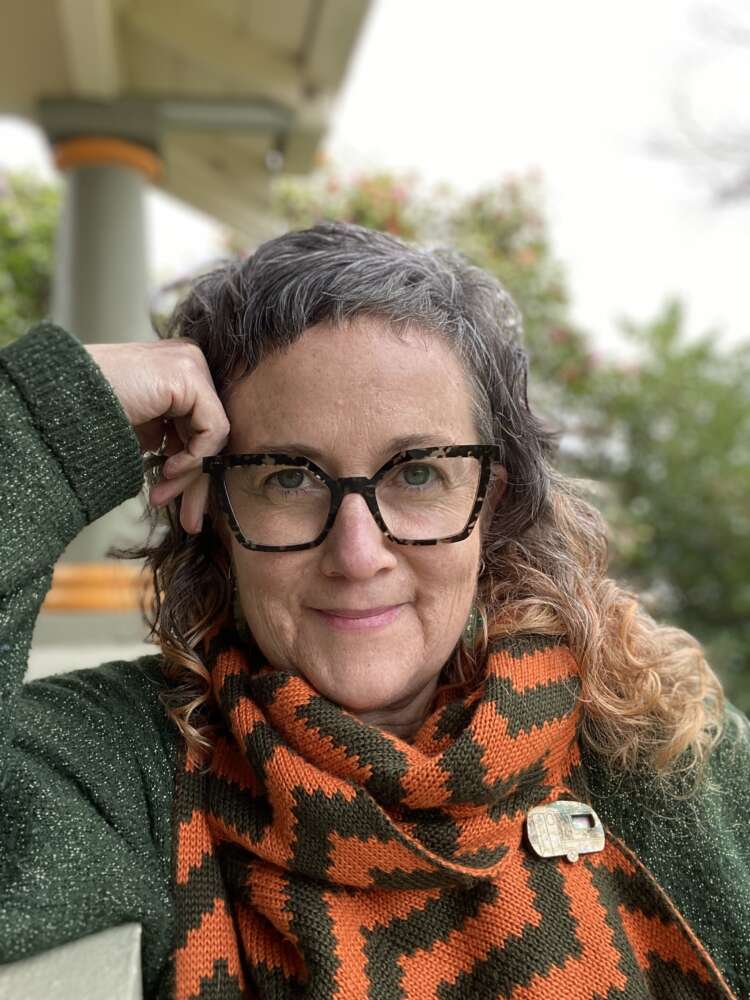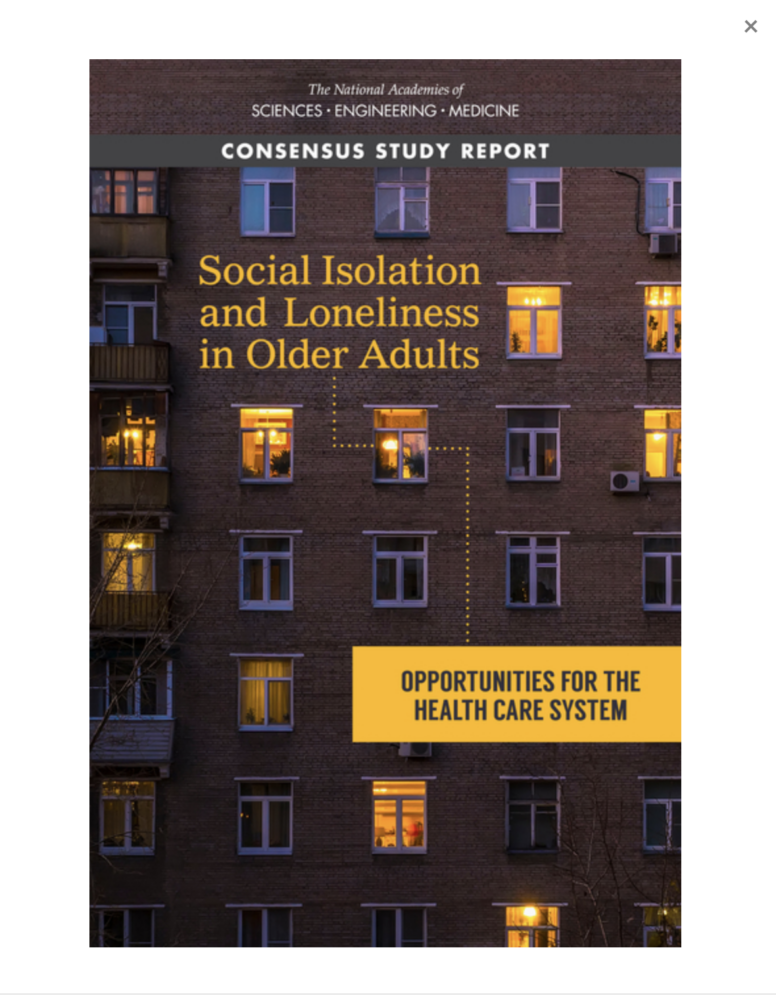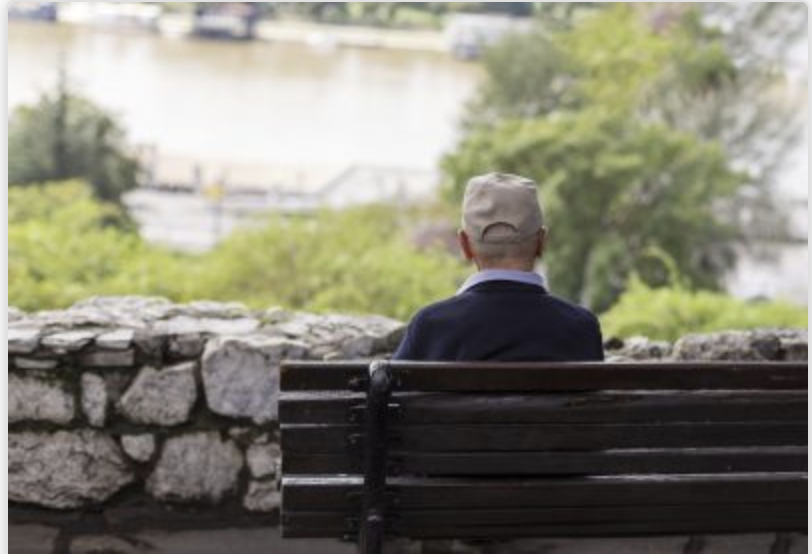
It’s been two years since the first Covid-19 restrictions were announced in Australia and nowhere felt it harder than Melbourne, which faced the longest lockdowns globally. Melbourne’s experience has been unique in Australia and Melbournians are wanting to share what they have endured, and the losses needing to be grieved.
“It was just so long and it kept happening. Also knowing that everyone else in the country was not experiencing the same thing as us. It felt really heavy and bleak,” says Lawrence Mohr.
He is an art therapist specialising in trauma: “I had to do trauma counselling with kids online. Usually they have private places for sessions in an office but they were in unsafe environments with harmful people around. I lost the capacity to do my work in a way that felt effective.”
For Sara Webb, parenting two adolescents through their final years of high school offered its own unique challenges.
“I don’t know how much the kids feel it but there’s so much they’ve missed out on. My son went to one eighteenth. His graduation was online. My daughter had three formals cancelled. As a parent I can see that those are milestones you just don’t get again”.
A lot of people lost friends.
For Anna, Sara’s daughter, there were other losses. “I feel like I’m two years behind. A lot of people found it hard to socialise afterwards; a lot of people lost friends”.
Ross Carne is a clinical neurologist based at St Vincent’s Hospital Melbourne interested in the phenomenon of “disenfranchised grief” – grief not acknowledged by society as legitimate and lacking avenues for expression.
“There has been a difficult combination of everyone having lost something, yet everyone being aware that others have lost a lot more, and therefore feeling embarrassed to bring attention to their own loss. With this, there is a huge weight of unexpressed and under-explored individual grief, reflected in a depressing of communal mood,” he said.
When I inquire about this phenomenon with those I speak to, it resonates.
“There’s definitely a strong vibe of ‘oh but it’s worse for you’ ” says worker and parent Amanda Thompson.
“It felt really heavy and bleak.”
“When we spoke to friends also home-schooling it was always ‘oh but what about you?’ ”.
For Lawrence, minimising his experience also came naturally: “Working with clients in commission housing, I had to just be grateful for a safe home and backyard. There was so much worrying about other people.”
Without avenues for making sense of the prolonged stress and abnormality, there’s a lingering fear and distrust with those I speak to.
“There’s a sense that it’s over… but not really”, Amanda comments.
For Sara, there’s a strong reluctance to make plans.
“So many things have been cancelled you feel paralysed… there’s something in me that goes ‘nup, don’t trust’. It also feeds issues around motivation and sense of the future for young people”.
In responding to disenfranchised grief, and inspired by Esther Perel’s work on the topic, Ross Carne emphasises the importance of encouraging people to speak.
“Esther’s solution is to allow space to honour each person’s particular losses. There is such a thirst for allowing, I think, perhaps stifled in the regimental climate of rules we have seen.”
In addition to this, Perel has emphasised that responses to communal loss and depression are not purely individual.
Lawrence agrees. “It doesn’t need to be formalised, just make the effort to ask people what their experience was like and then listen. After such a prolonged period of stress and depletion, there’s a felt need to talk about it, just to be like ‘Hey. That was really full on!’
Studies reveal just what a killer loneliness and social isolation can be.
A study just published on April 7, The health impacts of a 4-month long community-wide COVID-19 lockdown: Findings from a prospective longitudinal study in the state of Victoria, Australia shows that 898 survey participants suffered health impacts, including mental health ones, during Victoria’s 112 day lockdown but then went on to recover.

This is good news. And it would be true to say that the impacts identified by those we interviewed earlier are more social than mental – although experience and evidence shows us that some of the more vulnerable will be tipped into chronic mental health problems, due to this experience.
The Victorian study also noted the World Health Organisation, which has the eyes on the ground to assess lockdowns all over the world, says lockdowns should be used in the following way:
As a short-term measure (it recommends about three days) to:
- Regroup
- Rebalance resources
- Protect health workers who are exhausted.
The Victorian study said: “Stay-at-home orders can bring everyday activities to a standstill, leading to loss of work across non-essential industries, and can result in increased loneliness in the community, or social isolation.”
Yes, when only non-essential industries are disrupted, the financial burdens are uneven. The barista suffers more proportionately than the barrister.
Good Grief! notes the authors gave signifance to “increased loneliness and social isolation.”
An impact doesn’t have to be physical or indeed mental to damage health. Social impacts can be killers, and loneliness and social isolation top the list.
An American National Academies of Sciences, Engineering and Medicine (NASEM) consensus study of 2020 showed that “social isolation is associated with a 50 per cent increased risk of dementia, a 29 per cent increased risk of heart disease and a 32 per cent increase in stroke.
The study is discussed by the US Centers for Disease Control and Prevention at:
https://www.cdc.gov/aging/publications/features/lonely-older-adults.html

This echoes a major review – evaluating many other studies – conducted in 2015 and still true today: Loneliness and social isolation as risk factors for mortality: a meta-analytic review.
“Actual and perceived social isolation are both associated with increased risk for early mortality”, said It’s opening sentence.
To read the Victorian study, go to https://journals.plos.org/plosone/article?id=10.1371/journal.pone.0266650
For more on lockdown impacts, go to:
And for what we can learn from grief and lockdown, go to:
